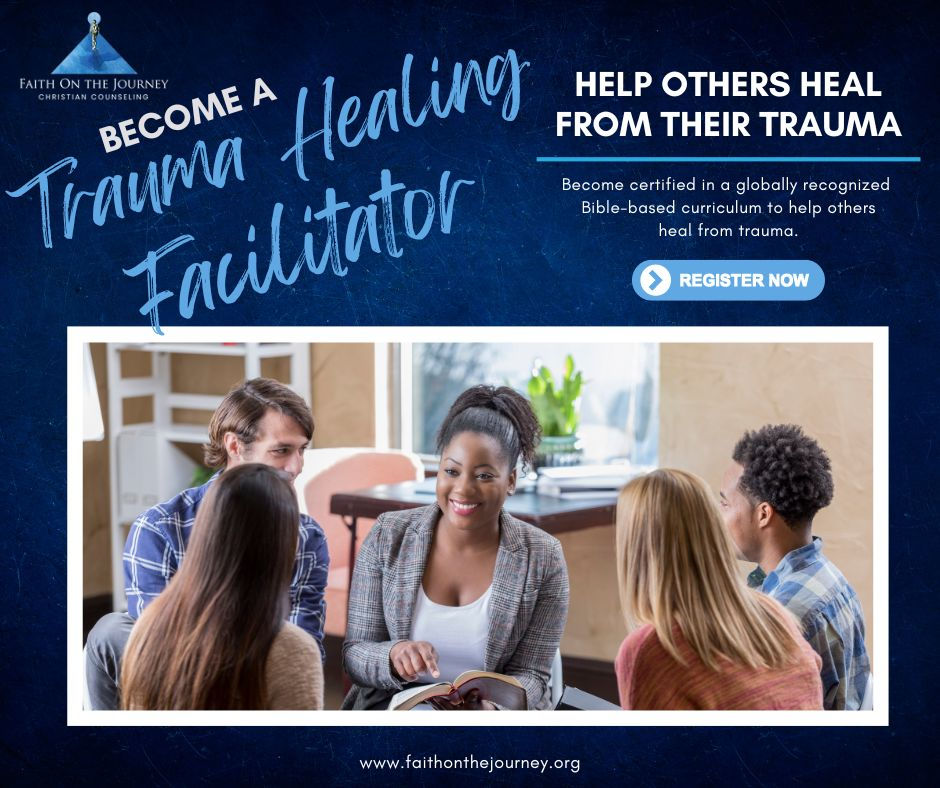Life can sometimes feel overwhelming, filled with challenges that leave deep emotional scars. These painful experiences can make us feel isolated and unsure of where to turn for help. In such times, finding a community that understands and supports us can be a beacon of hope. Support groups offer a safe space where individuals can share their stories, connect with others who have faced similar struggles, and find comfort in knowing they are not alone. More than just a listening ear, support groups provide empathy, practical advice, and a sense of belonging that are crucial for healing. As you read through these seven ways support groups can aid in your healing journey, remember Matthew 18:20, "For where two or three gather in my name, there am I with them." This reminder of divine presence in community underscores the healing power of togetherness.

1. Shared Understanding and Empathy
When we endure painful experiences, it can feel like no one truly understands our pain. Support groups provide a space where people with similar experiences come together, creating a unique environment of shared understanding. This empathy is a powerful healer; when you hear someone else's story that mirrors your own, it validates your feelings and makes you feel less alone.
In fact, according to a study by the American Psychological Association, empathy from peers significantly enhances emotional healing. The shared narratives within the group foster a bond that transcends words, creating a sense of belonging and acceptance. This community of understanding helps to dissolve the walls of isolation, making the journey towards healing a collective experience rather than a solitary one.
2. Emotional Support
Emotional wounds require a nurturing environment to heal, and support groups offer just that. Within these groups, individuals find a safe haven where they can express their deepest emotions without fear of judgment. The relationships formed here are built on trust and mutual respect, allowing members to be vulnerable and open. This level of emotional support is crucial; it provides a release for pent-up emotions and offers a shoulder to lean on during tough times.
Research shows that those who participate in support groups often experience higher emotional well-being and reduced feelings of loneliness. The collective support helps individuals navigate their emotions more effectively, providing a steady anchor amidst the storm.
3. Practical Advice and Coping Strategies
In addition to emotional support, support groups are a treasure trove of practical advice and coping strategies. Members share personal experiences and the techniques that have helped them manage their pain. This exchange of information can be incredibly empowering. For example, a member might introduce a mindfulness practice that helps ease anxiety or suggest a book that offers comfort and insight. These practical tools can provide immediate relief and long-term strategies for managing difficult emotions. The collective wisdom within the group serves as a guide, helping individuals find new ways to cope and gradually heal from their experiences.
4. Increased Self-Awareness
Healing is not just about moving past pain but also understanding it. Support groups can enhance self-awareness by encouraging introspection and reflection. As members listen to others’ stories and share their own, they often gain new insights into their behaviors and triggers. This increased self-awareness is a critical component of healing, as it helps individuals recognize patterns and understand the roots of their pain. It also fosters personal growth, allowing individuals to set healthy boundaries and make more informed decisions about their well-being. Through the collective mirror of the group, members can see themselves more clearly and embark on a more conscious path to recovery.
5. A Sense of Belonging
One of the most profound benefits of support groups is the sense of belonging they create. Painful experiences can make us feel disconnected from the world, but in a support group, we find a community that embraces us. This sense of belonging can be incredibly healing. Knowing that there are people who care about you and share similar struggles provides a deep sense of comfort and solidarity. It transforms the experience of pain from something isolating into something communal. The bonds formed within the group extend beyond the meetings, creating a network of support that can be relied upon in times of need.
6. Encouragement and Motivation
Support groups are a wellspring of encouragement and motivation. Members cheer each other on, celebrate milestones, and provide a boost during difficult times. This positive reinforcement is vital for maintaining motivation on the healing journey. Hearing success stories and witnessing the progress of others can inspire hope and remind individuals that healing is possible. It creates a cycle of positivity, where each member’s progress fuels the group’s collective strength. This encouragement can be the spark that keeps someone moving forward, even when the path seems steep and arduous.
7. Long-Term Support and Accountability
Healing from painful experiences is often a long and winding road, and support groups offer the long-term support needed to navigate this journey. Members hold each other accountable, encouraging consistency in efforts towards healing. This ongoing support ensures that individuals do not have to face their challenges alone, providing a steady presence through the ups and downs. The long-term nature of these relationships fosters a deep sense of trust and reliability, which is crucial for sustained healing. This accountability helps individuals stay committed to their recovery, knowing they have a community that cares about their progress.
Conclusion:
In life’s most trying times, support groups can be a lifeline, offering empathy, understanding, and practical support. They transform isolation into connection and pain into shared healing. If you are struggling with painful experiences, consider joining a support group to experience these profound benefits firsthand.
So, if you feel called to help others on their healing journey through facilitating support groups, consider becoming a trauma healing facilitator. Visit our Website to learn how you can make a meaningful impact in the lives of those who need it most. Together, we can create a community of healing and hope.


Comments